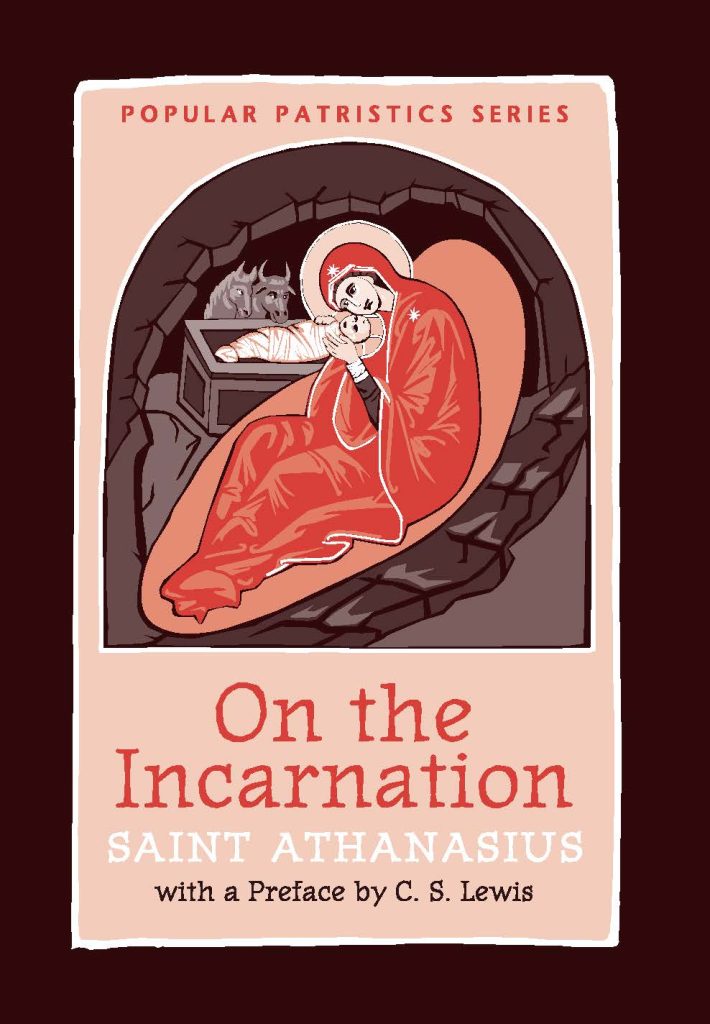This week we are discussing Chapter 6 of On the Incarnation (ss. 33-40 – Refutation of the Jews). The first part of Athanasius’s work is an apologetic showing why the Incarnation, Cross, and Resurrection were necessary in order to reverse the penalty of the Fall – for Death had to be overcome. In the last portion of “On the Incarnation,” Athanasius directly confronts both the Jews and the Gentiles as to their respective inability to recognize Jesus as the Incarnate God. Within this chapter, Athanasius draws upon both the Hebrew Scriptures and recent history to refute the Jewish recalcitrance in failing to recognize Jesus as the Messiah foretold in the Old Testament.
In regards to the Hebrew Scriptures, Athanasius argues that only in Jesus are the Scriptures fulfilled. As he argues, there is no other person known to the Jews of whom the Scriptures could have spoken. He lists all the great kings and prophets of the Scriptures and points out shows how none were born of a virgin, brought peace among all peoples, were pieced and hanged, or healed the deaf, blind, and lame. It was only Jesus who did these things as foretold. As you read through this section, please take out your Bibles, read the actual passages cited by Athanasius, and think through how Jesus fulfills, or not, those passages.
The other argument Athanasius uses is from history. Athanasius points out that all of the hallmarks of Israel as described in the Scriptures had ceased. There were no longer prophets and visions because he who was prophesized had come. There are no more kings in the line of David because the king of kings had come. And there was no more Holy of holies (after the destruction of the Temple in 70 A.D.) where God himself dwelt because God himself had come. Additionally, Athanasius points out that people everywhere had put aside their idols and household gods and began to worship the God of Abraham because of Christ Jesus, and this could not have come about had Jesus not been the Christ.
Dinner is at 6. The menu is pasta e fagioli. Discussion at 6:45. Hope to see you here.
That very day (of the Resurrection) two of them were going to a village named Emmaus, about seven miles from Jerusalem, and they were talking with each other about all these things that had happened. While they were talking and discussing together, Jesus himself drew near and went with them. But their eyes were kept from recognizing him. . . . And he said to them, “O foolish ones, and slow of heart to believe all that the prophets have spoken! Was it not necessary that the Christ should suffer these things and enter into his glory?” And beginning with Moses and all the Prophets, he interpreted to them in all the Scriptures the things concerning himself.
Luke 24:13-14, 26-27.

